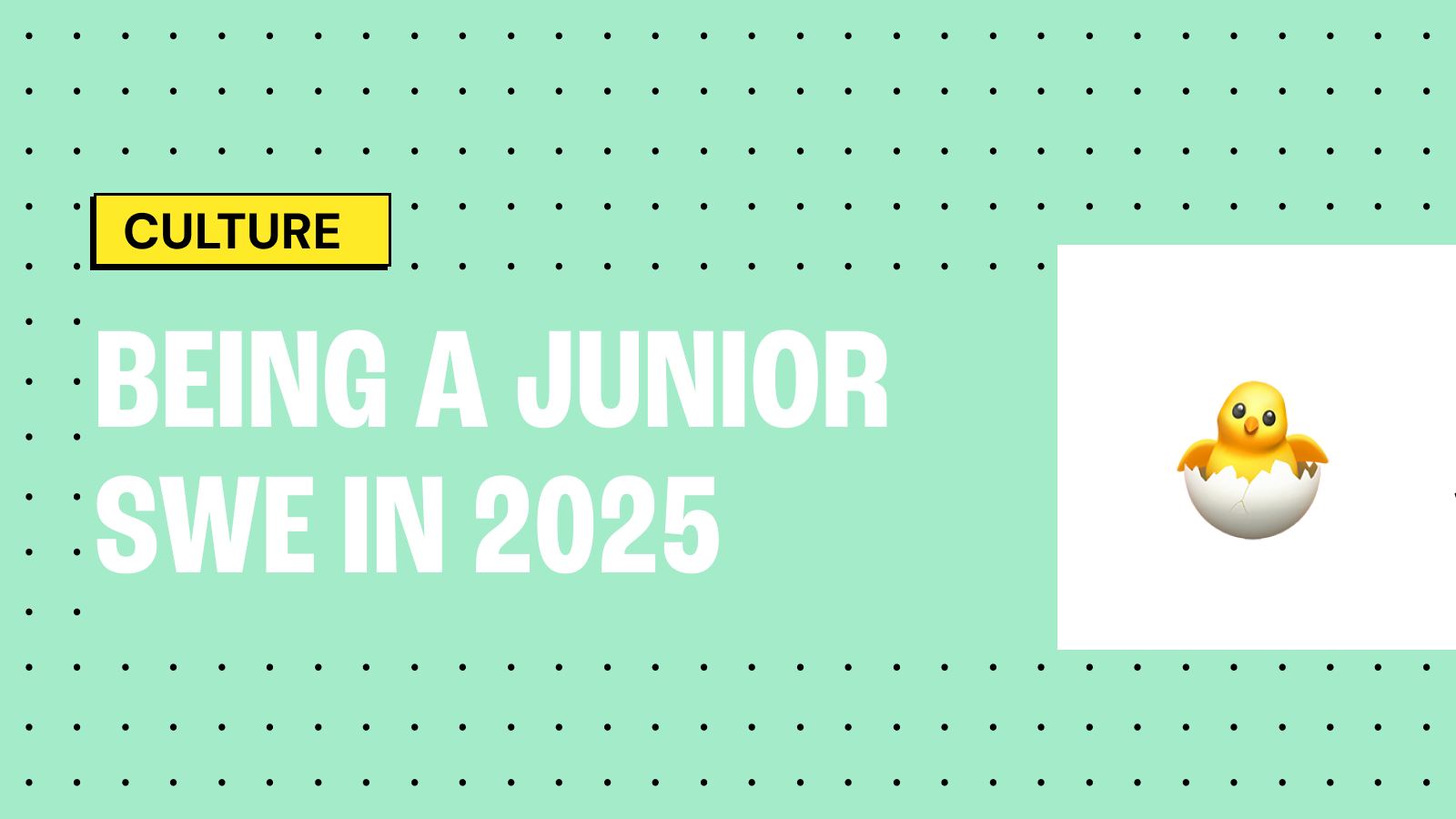Being a Junior Software Engineer in 2025
Being a junior engineer in 2025 looks different than it did even a few years ago. AI now handles much of the repetitive coding that used to help new engineers learn by doing. What's left are higher-leverage problems: the kind that demands judgment, curiosity, and product intuition.
That shift can be daunting for entry-level engineers. But it also means the juniors who learn fast, use AI well, and stay curious can grow faster than ever before. Here's what I've learned within my first week as Konvu's first entry level engineer, and how to turn AI into your biggest advantage.
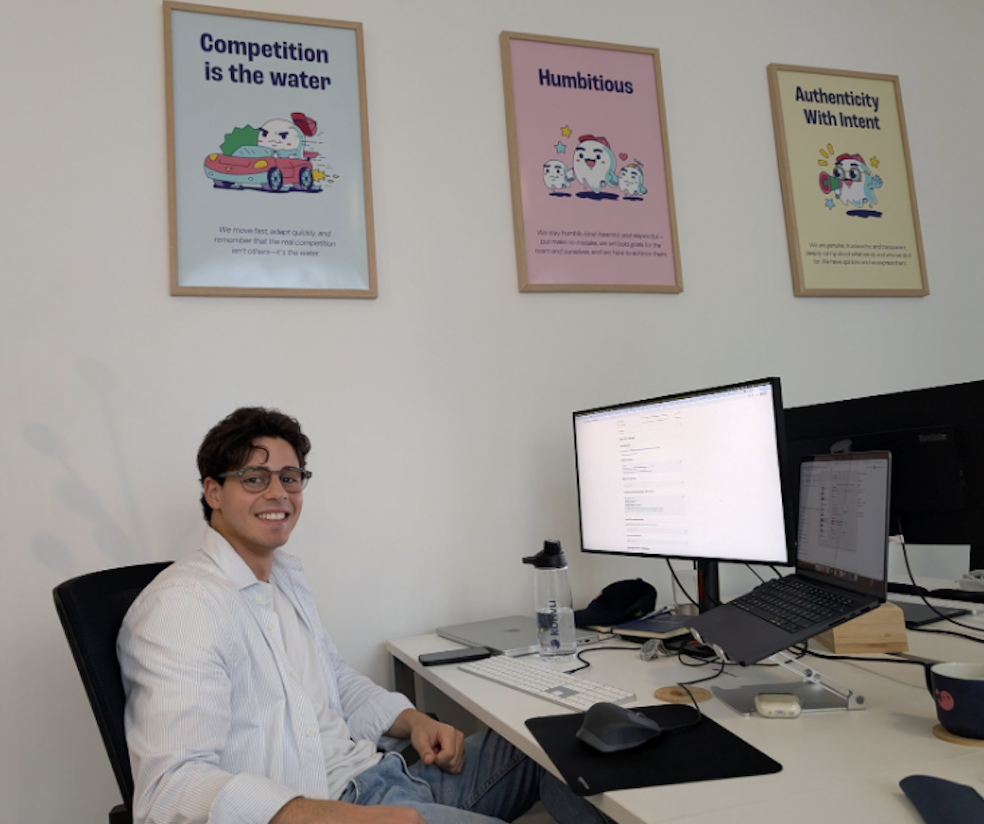
Control what you can: how you show up
In your early 20s, you can't control the system around you, but you can control how you show up daily. You have energy, focus, and the capacity to take risks and recover fast. Use that to run a tight loop: get context, build, ask for feedback, and repeat.

As you grow senior, the loop naturally gets longer: projects expand, decisions affect more people, and the feedback cycle stretches across teams, months and quarters. But as a junior, you can own an entire loop in a week. Start Monday by joining customer calls to gather context. On Tuesday, turn insights into rough sketches or quick prototypes and get feedback fast. By Thursday, you're refining and shipping a guarded change. On Friday, you're already collecting feedback to start the next loop.
That rhythm, short, intense, end-to-end, compounds faster than any title or experience ever will.
In my second week, I took on one early project: redefining how we display vulnerability triage assessments, the core of what our users rely on to decide what actually matters. It touched everything from how data flows between scanners and runtime signals, how the AI Agent uses those signals and how to best explain our exploitability assessments to security teams. The goal was to make our AI Agent reasoning transparent. Expectations were high, but so was the support. And shipping it end-to-end in my second week taught me how fast you can grow when you own the loop.
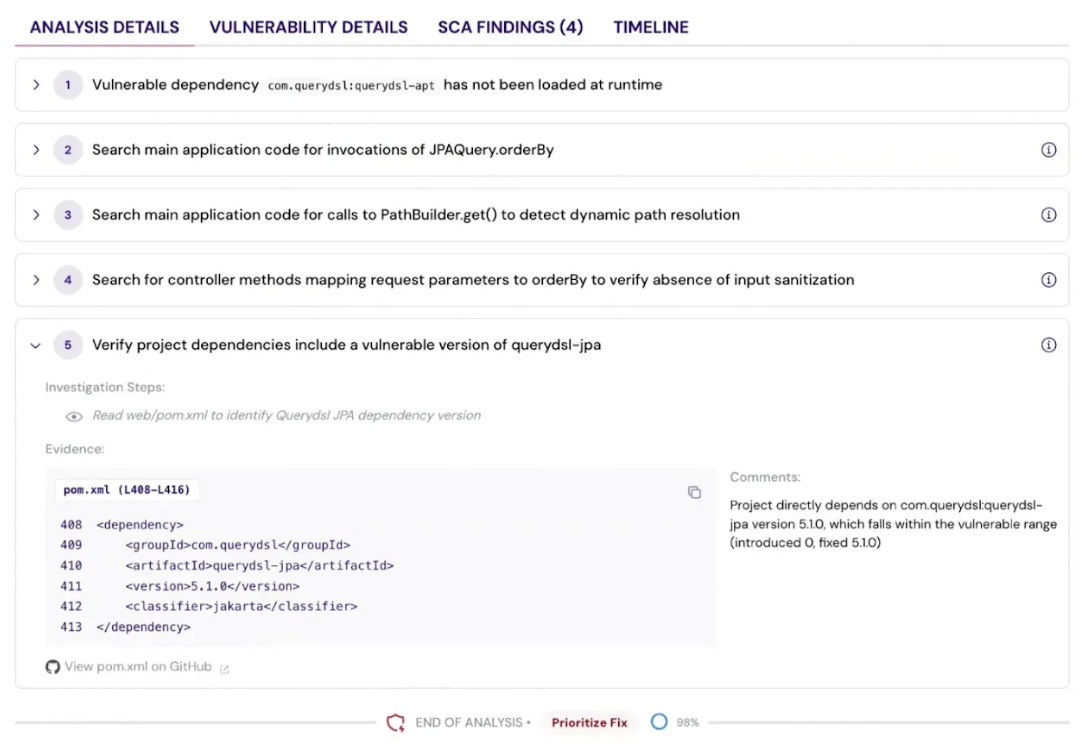
But compounding only works if each loop makes you a little better. Even a 2% improvement each cycle, in judgment, clarity, or execution, makes your learning curve exponential. That's where coachability becomes the real edge. The faster you absorb feedback, the tighter your next loop gets.
Curiosity and openness beat pedigree every time. You might not start out knowing the most about security or distributed systems, but you can learn the fastest if you treat every feedback moment as a chance to sharpen your craft.
Find Environments That Give You Real Ownership
Ownership starts in week one. Here are no coffee runs, your first tickets touch production. That pressure forces clarity and, as a result, you learn to scope tightly, communicate early, and finish.
The best environments treat apprenticeship as a practice, not a slogan. You pair on changes, you get line level reviews, and you sit in the conversations that shape the work. Mentors bring both pressure and a safety net, so you can move fast without gambling with users.
But ownership cuts both ways. You own the wins, and you also own the mistakes. On my first task I broke the filtering system. I owned the incident end to end. I diagnosed the issue, fixed it, triple tested it, and shipped again. A senior could have handed me the fix in under an hour, but they didn't. They threw me in the water and watched me learn to swim. The lesson stuck because it was mine.
The right startups amplify that kind of learning. The surface area is huge: vision, product, security, engineering, hiring, and go-to-market. If you are curious, that exposure feels like play, and it compounds. After a few learning cycles, you are not only helping anymore; you are owning a slice of the product.
The loop speeds up: AI and the modern engineer
If "showing up" is how you control your inputs, and ownership is where you sharpen your craft, then AI is what compresses that loop even more. The same way real ownership forces faster learning, AI tools can tighten the cycle even more, turning what used to take weeks in hours.
Used with care, copilots become like an always-on senior engineer: you ask the codebase a question, and it answers with context, patterns, and examples. And they never get annoyed if you ask too many questions.
In my second week, I needed to understand how our vulnerability triage assessment logic worked. I chatted with the code, mapped the decision flow in half a day, and joined a product discussion that same afternoon with useful input.
The key is to keep your standards. Ask scoped questions, request diffs, list tradeoffs, and verify outputs. Treat AI like a partner you can accept, edit, or reject, but do not outsource judgment. And when in doubt, ask your senior peers.
When you combine those tools with mentorship and day-one ownership, your learning curve bends upward. AI doesn't replace the loop, it just makes it run faster.
Show up, Own it, Accelerate. Come Build With Us
Your first job sets your reflexes. At Konvu those reflexes lean toward ownership, speed and curiosity. You learn to control what you can: how you show up, how you learn, how you recover. You get thrown in early, make mistakes, and tighten your loop each time.
Now AI compresses that loop even further. What once took a week of debugging or context-hunting takes hours. The cycle runs faster, but the fundamentals stay the same: judgment, curiosity, and follow-through.
Youth gives you energy. Great work environments channel this energy toward impact. AI accelerated that. Together, the word junior stops being a level: it becomes a launchpad.
Do hard things. Tighten your loop. If you want your work to matter now, come build with us.
